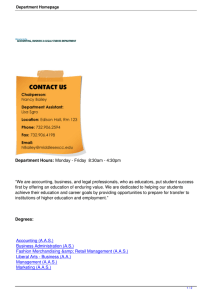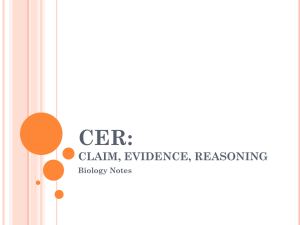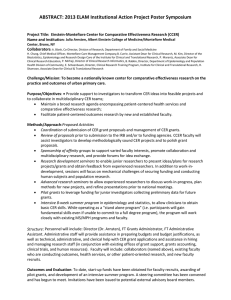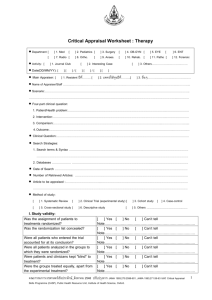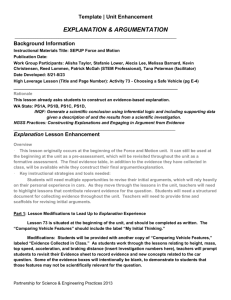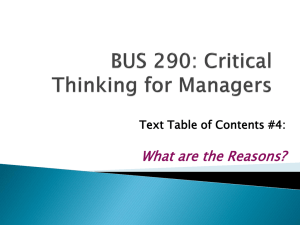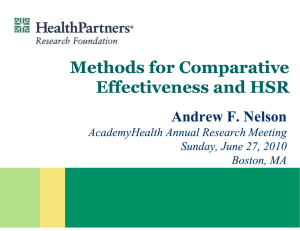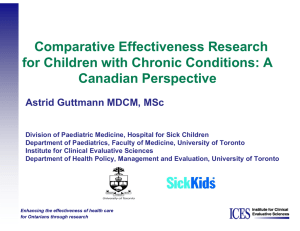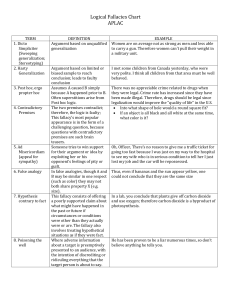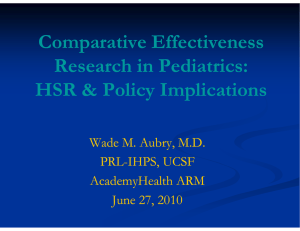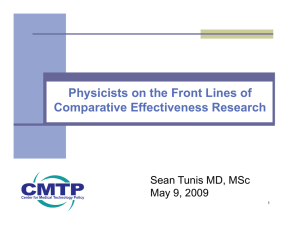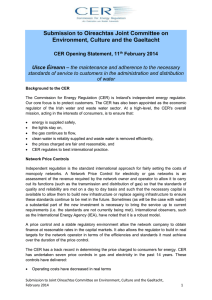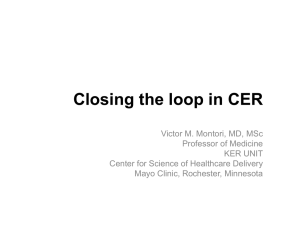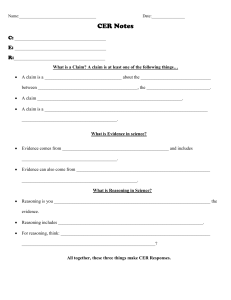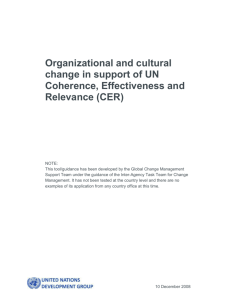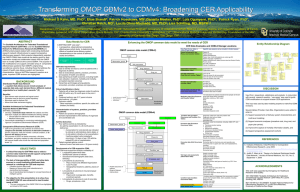discussion topics on relativism
advertisement
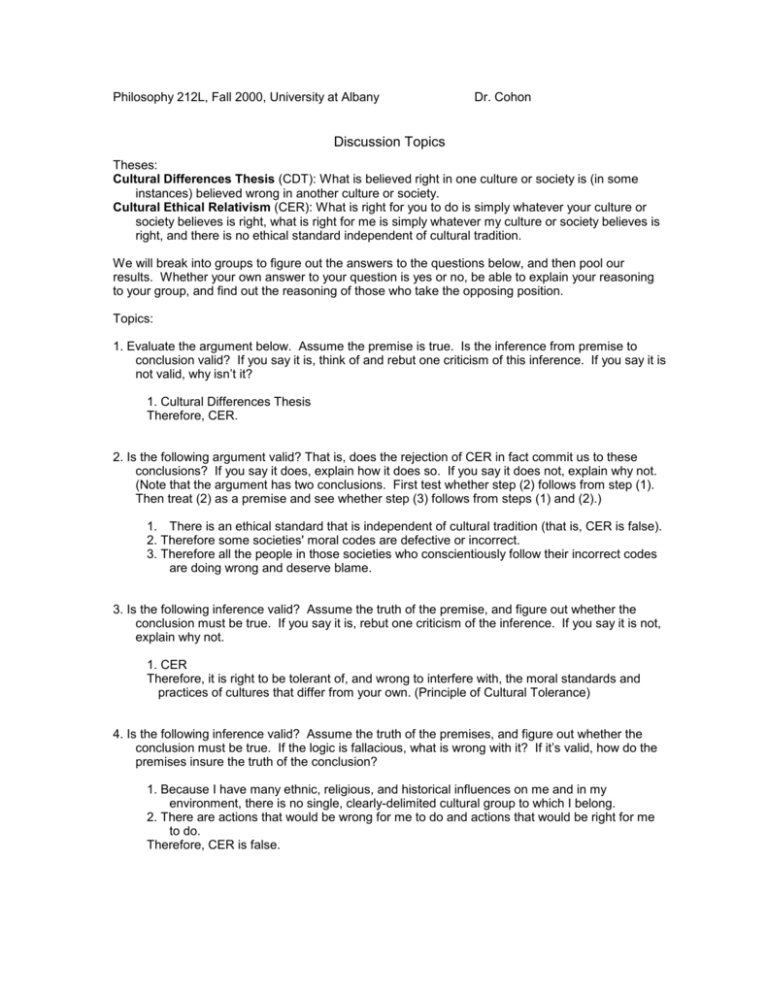
Philosophy 212L, Fall 2000, University at Albany Dr. Cohon Discussion Topics Theses: Cultural Differences Thesis (CDT): What is believed right in one culture or society is (in some instances) believed wrong in another culture or society. Cultural Ethical Relativism (CER): What is right for you to do is simply whatever your culture or society believes is right, what is right for me is simply whatever my culture or society believes is right, and there is no ethical standard independent of cultural tradition. We will break into groups to figure out the answers to the questions below, and then pool our results. Whether your own answer to your question is yes or no, be able to explain your reasoning to your group, and find out the reasoning of those who take the opposing position. Topics: 1. Evaluate the argument below. Assume the premise is true. Is the inference from premise to conclusion valid? If you say it is, think of and rebut one criticism of this inference. If you say it is not valid, why isn’t it? 1. Cultural Differences Thesis Therefore, CER. 2. Is the following argument valid? That is, does the rejection of CER in fact commit us to these conclusions? If you say it does, explain how it does so. If you say it does not, explain why not. (Note that the argument has two conclusions. First test whether step (2) follows from step (1). Then treat (2) as a premise and see whether step (3) follows from steps (1) and (2).) 1. There is an ethical standard that is independent of cultural tradition (that is, CER is false). 2. Therefore some societies' moral codes are defective or incorrect. 3. Therefore all the people in those societies who conscientiously follow their incorrect codes are doing wrong and deserve blame. 3. Is the following inference valid? Assume the truth of the premise, and figure out whether the conclusion must be true. If you say it is, rebut one criticism of the inference. If you say it is not, explain why not. 1. CER Therefore, it is right to be tolerant of, and wrong to interfere with, the moral standards and practices of cultures that differ from your own. (Principle of Cultural Tolerance) 4. Is the following inference valid? Assume the truth of the premises, and figure out whether the conclusion must be true. If the logic is fallacious, what is wrong with it? If it’s valid, how do the premises insure the truth of the conclusion? 1. Because I have many ethnic, religious, and historical influences on me and in my environment, there is no single, clearly-delimited cultural group to which I belong. 2. There are actions that would be wrong for me to do and actions that would be right for me to do. Therefore, CER is false.



